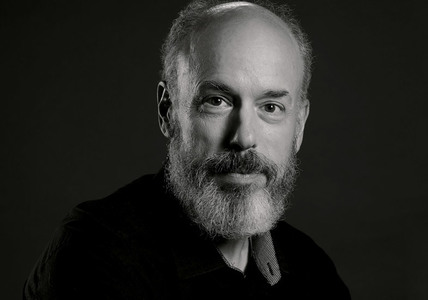Winston Churchill once famously said “now is not the end. It is not even the beginning of the end. But it is, perhaps, the end of the beginning.”
It feels like the right quote for the state of the internet and the world of media today. Our ability to communicate has never been better. And the ability to disinform us has never been better.
The creativity of those who disinform is as great as many creative teams in the advertising industry. The big difference, however, is that those who disinform never throw out their worst ideas. In fact, their worst ideas are often the best ones to use.
They know it is easy to start rumors privately in message-based platforms. They know our attention spans are low, so we sometimes share fake news before we realize it is the case. They know that the best offense is to spray the world with disinformation. If you are a bad actor, it has never been easier to achieve your goals.
And wow do they spray disinfo. Take Covid-19 and Russia, as an example. As COVID-19 hit our shores, experts identified at least 110 Kremlin-linked disinformation campaigns related to the pandemic. They told us, among other things, that Bill Gates and George Soros sponsored the Wuhan virus outbreak; that it is a U.K., U.S. or NATO creation; that America has a cure; that it is a man-made disease that targets Chinese DNA; that it was created with economic goals in mind, with big pharmaceutical companies spreading panic to maximize profits; that it is a biological weapon for use against Russia and China; that it will wipe out Ukraine in a few days and that the pandemic was predicted by Nostradamus and others.
You know the list. Conspiracies, fake stories, sensational news, misleading medical news, statistical manipulation, information influence campaigns, bot driven conversations, fake websites and more. The list is long.
So, what can we do? Well, a new beginning requires new ideas. I think of three big areas where we can make an immediate difference -- technology, psychology and media.
Technologies are emerging that can help. For example, web annotation systems (a la hypothes.is) can be used to make a statement atop a false claim about the coronavirus, ensuring broad dissemination of the truth. An annotation is a layer that sits on top of the existing content. Anyone who uses the same system (free sign up) can then see what has been corrected. It’s a way for all of us to patrol the web together.
Every video has a detailed “fingerprint” of thousands of technical datapoints. That allows us to use blockchain-based content validation to see who meddled with content. You can’t hide when you use video.
Psychology is important for several reasons. We need to become more fluent in how citizens become polarized by information due to known psychological models, whether they are availability bias or sacred values or other core models. Why do people become polarized or triggered or cynical? Neuroscience can help us understand how our brains become impacted by both positive and negative content. So far, we’re pretty good at studying how positive situations work, but not the reverse.
We also know that engaging our world in fighting this problem helps us all get behind it. Open-source movements, such as one by Public Editor, crowdsource verification of content using journalistic standards and train volunteers on how to minimize their own biases. It’s a great way to reinforce what is real, gain adoption of journalistic standards and expand our impact.
In the world of media, we need to think differently. The Reuters team spoke with us today. They know how to report news as well as any organization. What can they teach us? What can we do to support them? Could we start new open source partnerships where companies, media organizations and all of us online partner to foil those who disinform? How can we be stronger together and still respect the standards of our respective organizations?
Which leads to how we leverage great work already happening, such as Craig Newmark’s pioneering work to fund quality in journalism at major academic institutions throughout the U.S. What does Phase II look like? Could a new form of corporate social responsibility be forming today? How will we all play a role in improving our communities and the world?
It’s up to us to define the new beginning. There are 7.7 billion of us in the world. Almost all of us are good actors. We can change the course if we decide it is important enough.
Bob Pearson is an author, advisor and entrepreneur.
